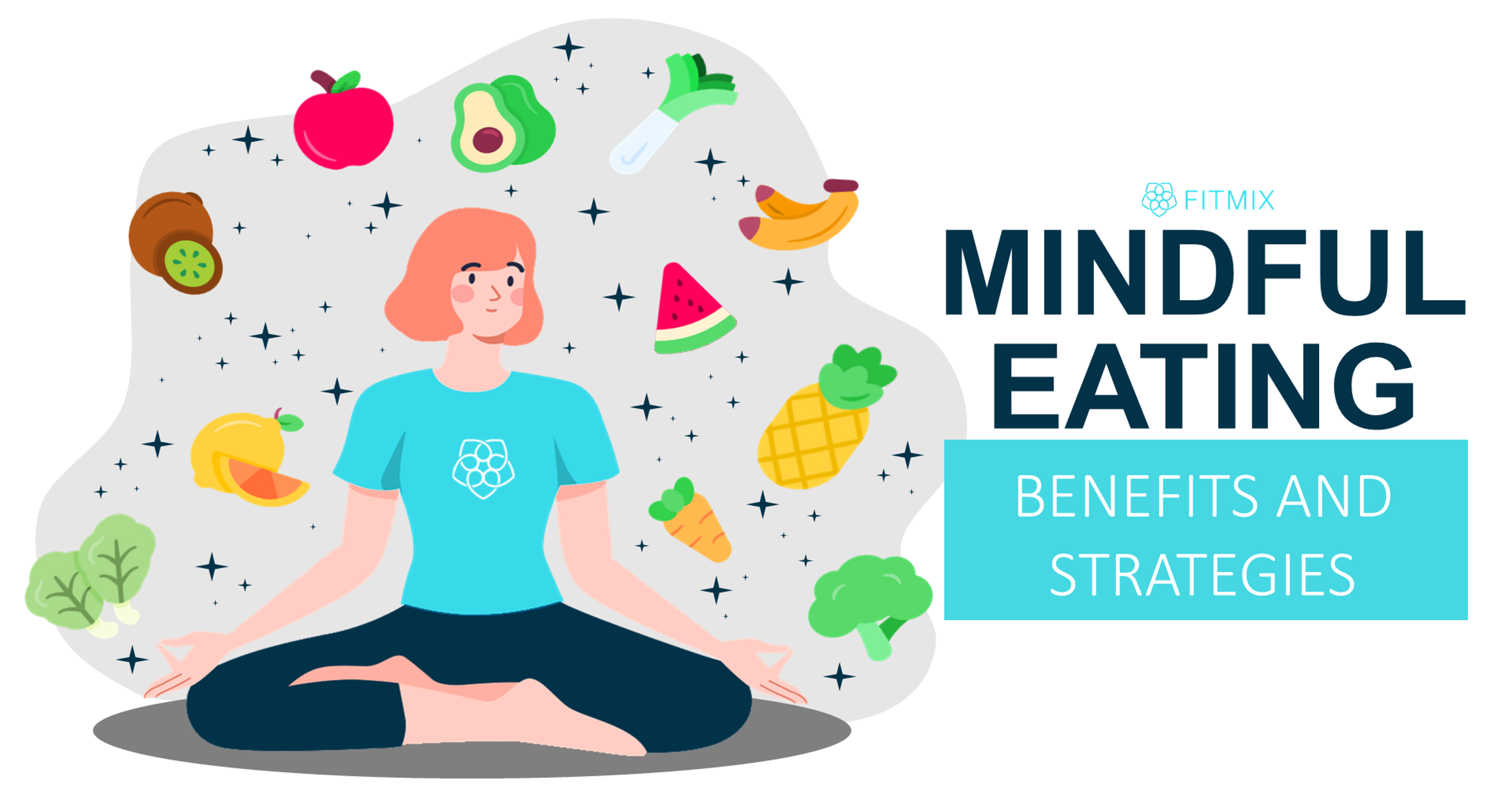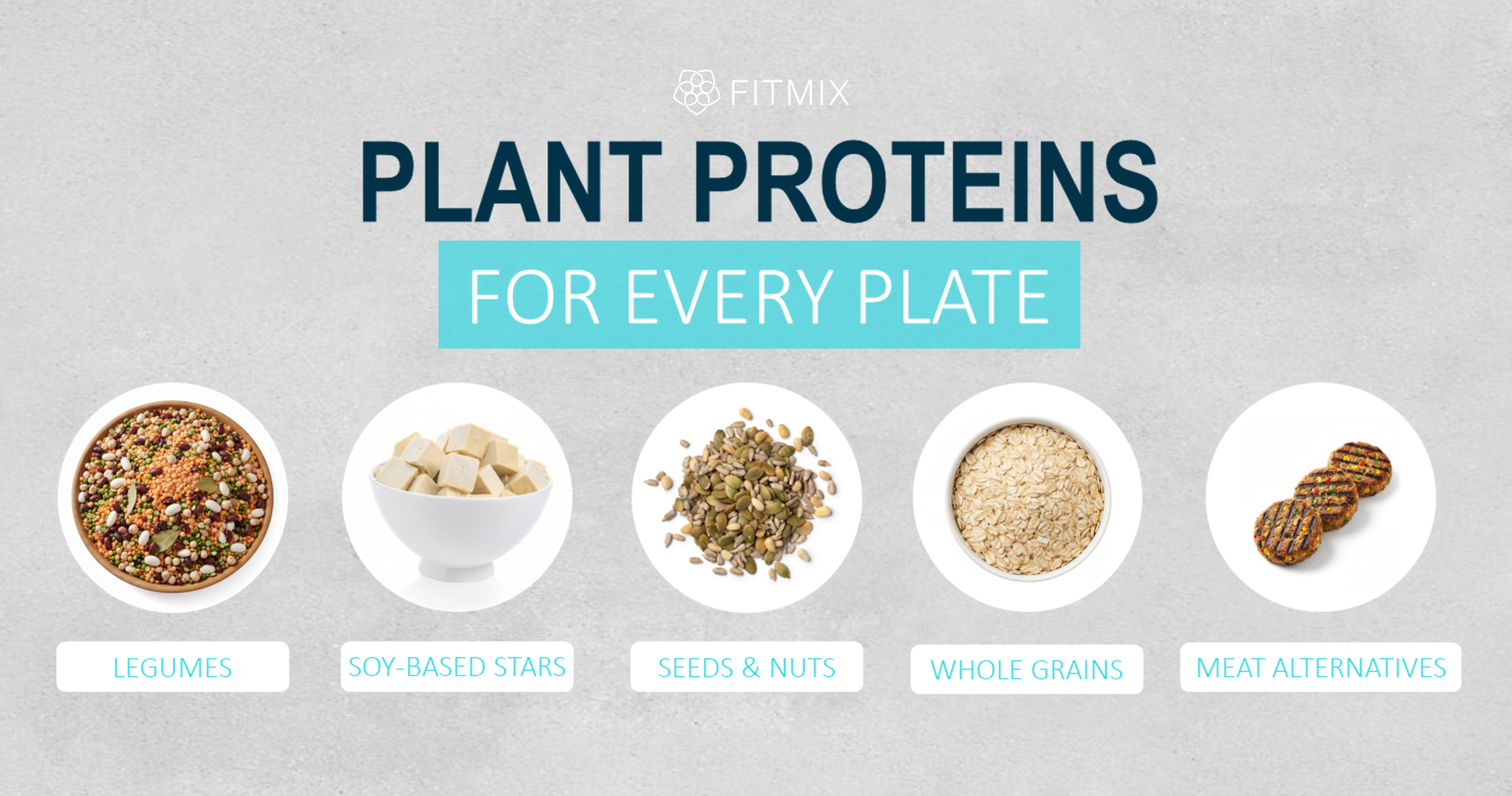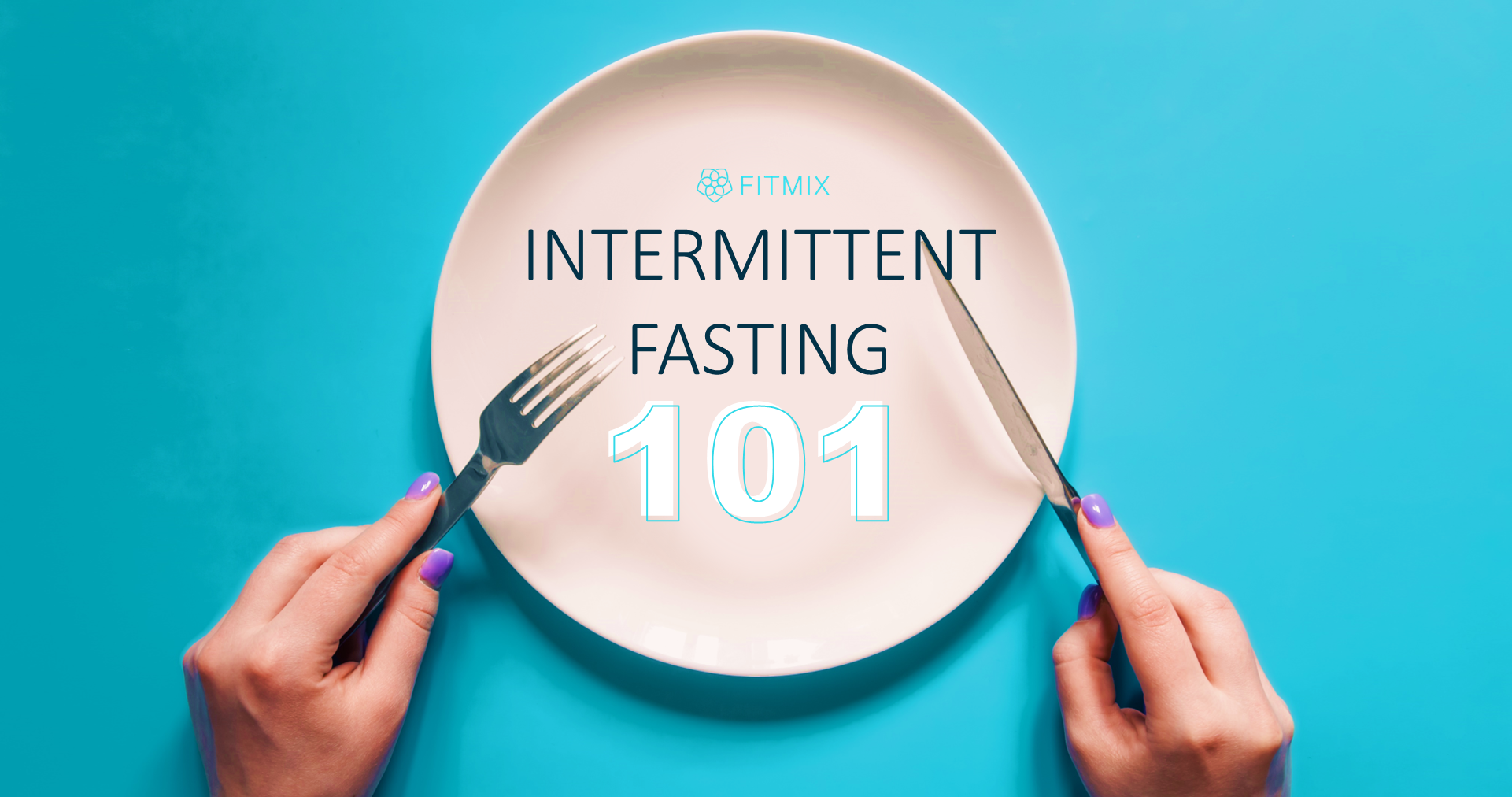Mindful Eating: Benefits and Strategies
 January 25, 2025
January 25, 2025
 0
0
 0
0

Mindful eating is a practice that involves paying full attention to the experience of eating and enjoying food without distraction. By focusing on the present moment and being aware of your physical and emotional responses to food, you can develop a healthier relationship with eating. Here are some strategies to help you incorporate mindful eating into your daily routine.
Benefits of Mindful Eating
- Improved Digestion: Eating mindfully can improve digestion by allowing you to chew your food thoroughly and eat at a slower pace. This gives your stomach time to signal fullness and prevents overeating.
- Better Portion Control: Mindful eating helps you recognize your body's hunger and fullness cues, leading to better portion control and preventing overeating.
- Enhanced Enjoyment of Food: By savoring each bite and focusing on the flavors, textures, and aromas of your food, you can enhance your overall enjoyment and satisfaction from eating.
- Reduced Emotional Eating: Mindful eating encourages you to address the emotional triggers that lead to overeating or unhealthy eating habits. By being aware of these triggers, you can find healthier ways to cope with emotions.
Strategies for Mindful Eating
- Eat Without Distractions: Avoid eating while watching TV, working, or scrolling through your phone. Instead, focus solely on your meal, paying attention to each bite and the sensory experience of eating.
- Chew Thoroughly: Take your time to chew each bite thoroughly, aiming for about 20-30 chews per bite. This not only aids digestion but also allows you to fully experience the flavors and textures of your food.
- Listen to Your Body: Pay attention to your body's hunger and fullness signals. Eat when you're hungry, and stop when you're satisfied. Avoid eating out of boredom, stress, or habit.
- Savor Each Bite: Take small bites and savor them slowly. Notice the taste, texture, and aroma of your food. Eating slowly allows you to appreciate your meal more and prevents overeating.
- Reflect on Your Eating Habits: Take a moment to reflect on your eating habits and patterns. Are there times when you eat mindlessly or out of emotion? Understanding these patterns can help you make more conscious choices.
- Practice Gratitude: Express gratitude for your food and the effort that went into preparing it. This can enhance your appreciation for your meal and create a positive mindset around eating.
- Plan Balanced Meals: Planning balanced meals that include a variety of nutrients can help you feel more satisfied and prevent unhealthy cravings. Include a mix of proteins, healthy fats, whole grains, and vegetables in your diet.
- Mindful Eating Exercises: Try incorporating mindful eating exercises into your routine. For example, take a raisin or a small piece of chocolate and spend several minutes observing, smelling, and tasting it slowly and deliberately.
Conclusion
Mindful eating is a powerful practice that can transform your relationship with food and improve your overall well-being. By paying attention to your body's hunger and fullness cues, savoring each bite, and eating without distractions, you can enjoy your meals more and develop healthier eating habits. Start incorporating these mindful eating strategies into your routine and experience the benefits of a more mindful approach to food.
Subscribe to My Newsletter
Fill your email below to subscribe to my newsletter
Comments (00)
Be the first to comment!
Leave a Reply
Your email address will not be published. Required fields are marked *





